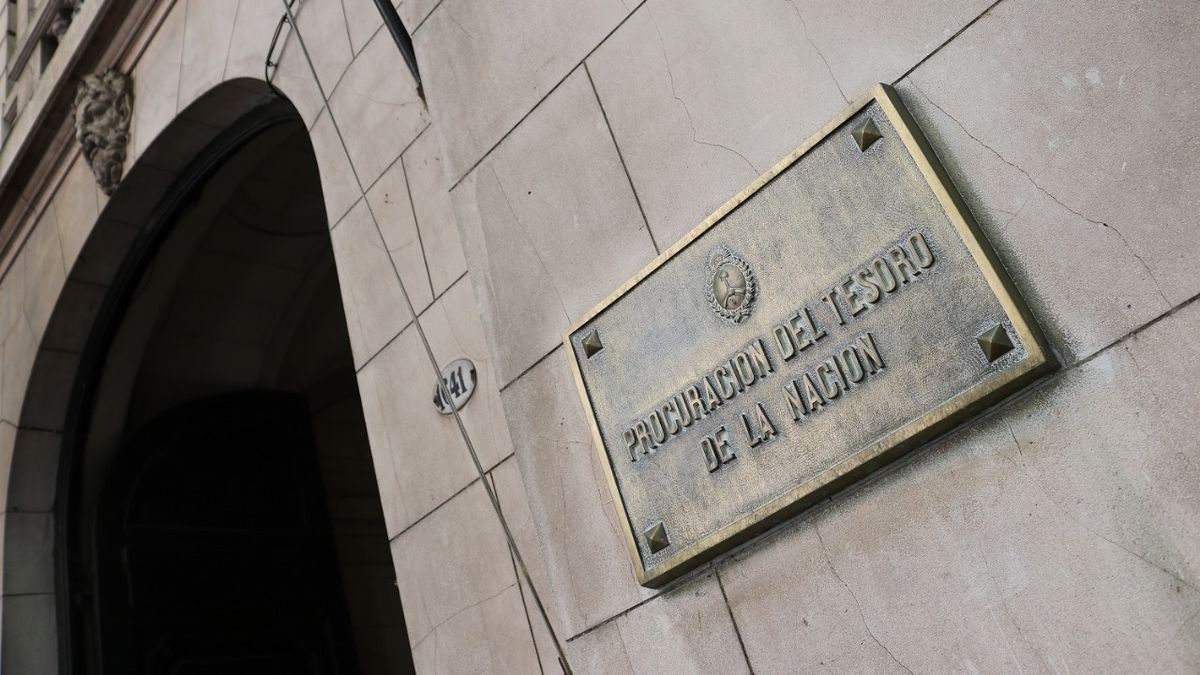The popular messaging app Telegram is regularly criticized for extremist content, and the company behind it operates in secret. Now founder Pawel Durow has spoken out again after years – with amazing plans.
This article is adapted from the business magazine Capital and is available here for ten days. Afterwards it will only be available to read at again. Capital belongs like that star to RTL Germany.
It was a really extended radio silence that Telegram founder Pawel Durow had prescribed for himself: he had not given any public interviews since 2017. The message with which he returned in conversation with the company was quite something: the controversial and mysterious company behind one of the most popular messenger apps in the world now has 900 million active users and will do so this year or next be profitable and then want to go public – probably in the USA.
The Telegram operating company is not a normal company. Apparently it still belongs 100 percent to its founder, who controls the operation from Dubai with a team of just 50 employees. Durow has woven a difficult-to-understand network of companies around Telegram that is intended to make access more difficult for governments. And so German ministries and investigative authorities have had problems enforcing existing laws on Telegram for years. Meanwhile, extremists are spreading their content largely unhindered via the app, and the application is now also a popular hub for all kinds of organized crime.
It has always been a central promise of Telegram that users can exchange information safely without government bodies being able to read. It is explained by the founding story, according to which Durov – then founder and head of the Russian social media giant “VKontakte” – built the app with his brother in the early 2010s because Putin’s security authorities were harassing him. After he had to sell his shares in “VKontakte” to oligarchs close to the Kremlin, Durov left the country. An odyssey of several years followed until he settled in Dubai in 2017.
Extreme advocate of freedom of expression
Durov is considered an extreme advocate of freedom of expression and his political views are libertarian. Not even X, the former Twitter, was moderated as timidly under Elon Musk as Durow’s Telegram. The platform repeatedly attracts criticism because conspiracy theorists, Reich citizens, extreme right-wing extremists and, most recently, Hamas terrorists have been able to spread their dangerous messages via Telegram.
Against this background, the stock market plans are all the more remarkable. Should such a company be listed on the stock exchange? Can it even do that? What does Durow expect from this?
For Durow, an IPO would be the answer to a long-simmering problem: How can Telegram finance itself? So far, this has mainly happened from Durow’s private assets, which are derived from the “VKontakte” sale and apparently highly lucrative Bitcoin speculation. But running an app with almost a billion users and the necessary infrastructure is immensely expensive. Since 2021, Telegram has already had investors involved in the business, who, according to “FT”, provided around $2 billion in loans – which had the advantage for Durow that he did not have to give up any shares in the company. Between 2018 and 2020, Telegram tried to raise money with a blockchain project called TON by selling the associated cryptocurrency to investors. After resistance from US regulators, the project was stopped again.
Will Telegram advertisers stay on board?
In the meantime, Telegram has already developed lucrative sources of revenue with advertising in certain regions and premium services, Durow told the “FT”. This brings in several hundred million dollars a year. “The main reason we started monetizing is because we wanted to remain independent,” Durow said. An IPO is, above all, a tool “to democratize access to Telegram’s value.”
But the question is whether Telegram can retain mainstream advertising customers in the long term with its laissez-faire moderation policy. Investors who would scrutinize the company in an IPO are also likely to view the previous line critically. It is said that there are plans to improve the moderation process using artificial intelligence, among other things, especially this year with many important elections around the world. But Durov also qualified: “As long as people don’t cross red lines, we shouldn’t control the way they express themselves.”
The German government can tell you a thing or two about what this attitude means in everyday life. Time and again, investigative authorities have hit a brick wall when it comes to demanding that user data be released. In some cases, ministries were not even able to deliver letters to Telegram’s supposed postal address in Dubai. At the end of October, the Federal Ministry of the Interior recently stated that requests for user inventory data from the Federal Criminal Police Office to Telegram had remained unanswered for more than a year. Most recently, Minister Nancy Faeser (SPD)’s house examined the initiation of fine proceedings against Telegram.
Not such a difficult path to the stock market
It seems difficult to imagine that a listed company would continue to behave in such a stubborn manner. But it’s not entirely out of the question – founder Pawel Durow never cared much about other people’s expectations.
If Telegram were to go the expected route to a US stock exchange, the company would have to submit to the obligations there with regard to transparency and corporate governance – which would be a big gain compared to the current situation. At the moment it is neither clear which of the various Telegram companies registered in Dubai or the British Virgin Islands are actually responsible for what, who holds how many shares where – and who is in charge (in case of doubt, of course, Pavel Durow).
More storage, more security
15 helpful tips for WhatsApp that will make your messenger safer and better
Telegram would not have to become a US company; the American stock exchanges are even actively promoting foreign companies to do their IPOs there. Being listed as a company registered in a tax haven like the British Virgin Islands shouldn’t be a problem – a number of companies have already done this, including Alibaba ten years ago and most recently the traditional German brand Birkenstock, whose holding company is based on the British Channel island of Jersey a tax haven.
One thing is clear: CEOs of listed companies have to regularly inform their investors in earnings calls – Durow would then no longer be able to go into hiding for several years.
Source: Stern




